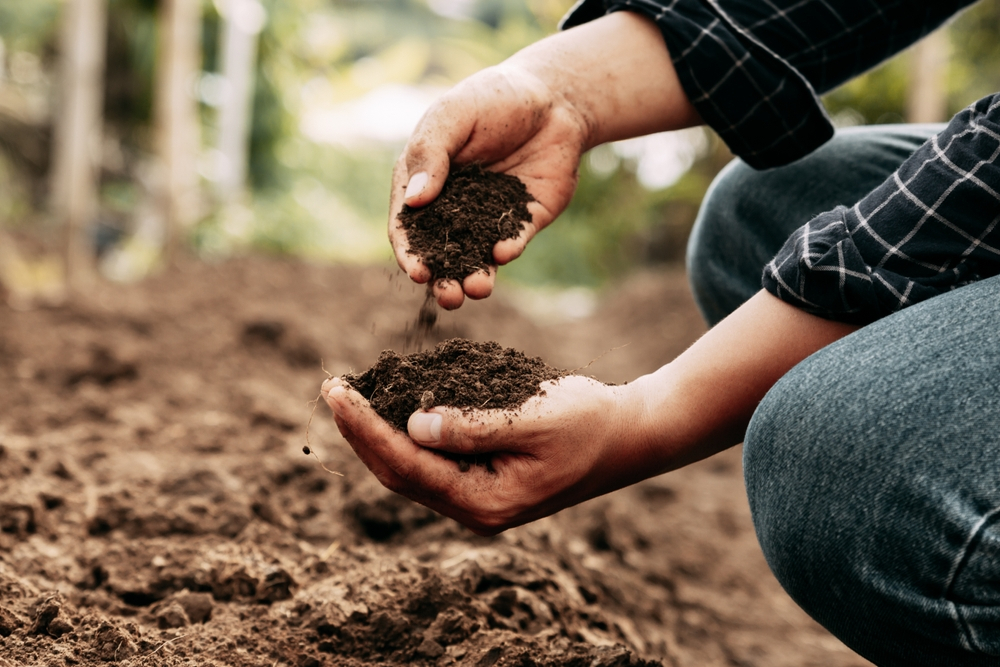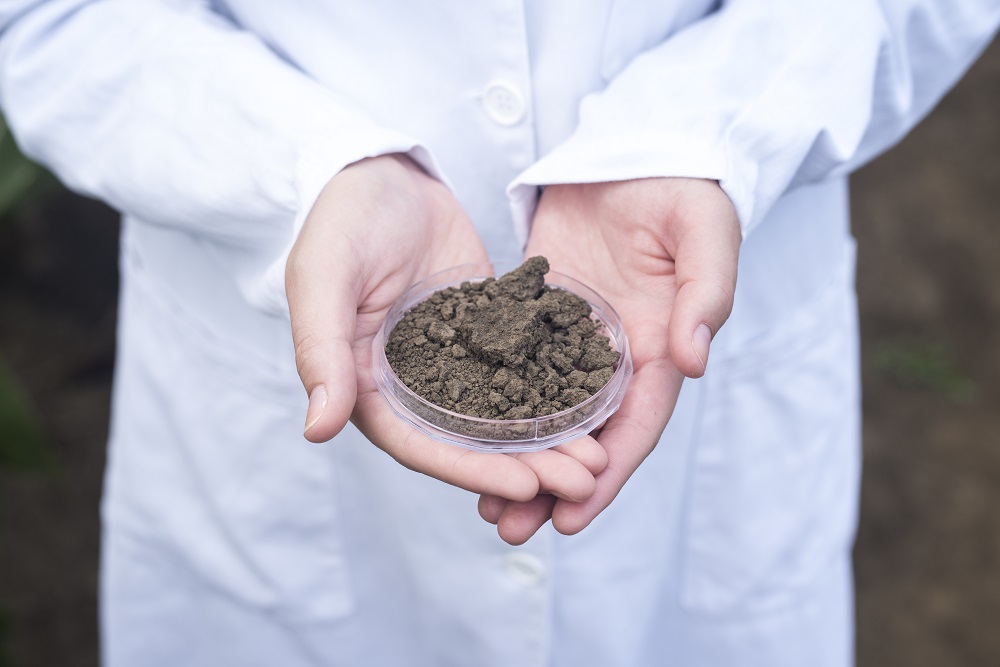
Have you ever wondered why buildings differ in structural integrity and stability? Why do some structures seem to withstand the test of time, while others display early signs of wear and tear? Much of this lies not above the ground, but beneath it in the soil that forms the foundation of every construction project. Today, we delve into the critical, but often overlooked aspect of construction - soil testing - a key procedure before embarking on any build.
Soil testing is a routine, yet profound procedure that involves analyzing soil samples to determine its physical and chemical properties. It's akin to a ‘health check-up’ for the ground upon which you intend to erect your building. This essential process, although unseen by most occupants of a building, holds colossal importance in construction. Its role significantly influences the longevity, safety, and financial sustainability of a structure.
In this article, we'll examine the intrinsic role of soil testing for construction industry, exploring its benefits, limitations, and the potential pitfalls of neglecting this essential step. As we dig into this pivotal subject, we'll uncover how soil testing can make or break your construction project.
The Why Behind Soil Testing
Every construction project begins far beneath the visible layer of the earth, in the soil. Building projects need solid ground– terrain that can withstand the weight of a structure and remain stable, even in adverse conditions. However, not all soil types are equal. Here is where soil testing leaps in; it's a method to evaluate the ground's capacity to hold a building without succumbing to environmental factors or wear and tear.
The What Of Soil Testing
Soil testing is a scientific examination where experts determine soil properties such as its composition, texture, density, and more. This analysis offers a deep understanding of the soil’s characteristics, allowing engineers to make informed decisions about the right foundation for a construction project.
When To Perform Soil Testing
Ideally, soil testing should happen before any construction work begins. As the saying goes, "an ounce of prevention is worth a pound of cure.” Instead of retrofitting a building to cope with weak soil, it’s far better to know the soil conditions beforehand and plan accordingly.
Who Should Conduct Soil Testing

Soil testing isn’t a DIY affair - it's a job for professionals. Experienced soil engineers bring the necessary expertise to understand the complex nature of soil and the impact it has on construction projects. Their input is essential for a safe and stable structure.
The Advantages And Disadvantages Of Soil Testing
Undeniably, the benefits of soil testing significantly outweigh its drawbacks. It provides an indispensable insight into soil behavior, influencing key design aspects and ensuring a structure's longevity. However, one cannot deny that it is a time-consuming process that adds an extra cost to the project. Yet, it's a price worth paying considering the enormous safety and financial implications involved.
The Cost Of Ignoring Soil Testing
Neglecting soil testing is like playing Russian roulette with your construction project–it’s a gamble that risks the safety and financial viability of your build. Worst case scenarios can entail land subsidence, structural damage, and even building collapse. In essence, bypassing soil testing can lead to significantly higher costs in the long run.
Conclusion
In conclusion, soil testing is a critical construction aspect that can't be overlooked or underestimated. It's a small investment that ensures a construction project’s macro stability and longevity, while also mitigating the potentially astronomical costs of post-construction repairs.
Though it's an 'invisible' aspect of building, soil testing is the hidden hero of every successful construction project. As we continue to create awe-inspiring structures, let’s remember – it’s not what's above but what lies beneath that counts. So, next time you see a marvel of construction, ask not just who built it, but also appreciate the often-unseen groundwork that made it possible.













Social Plugin